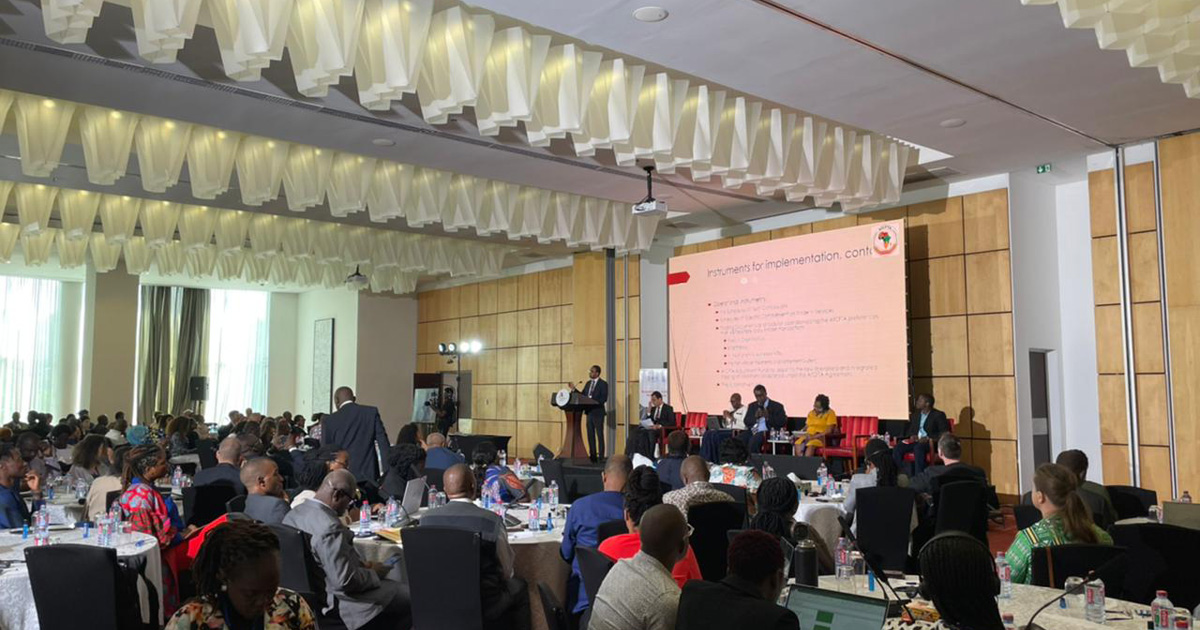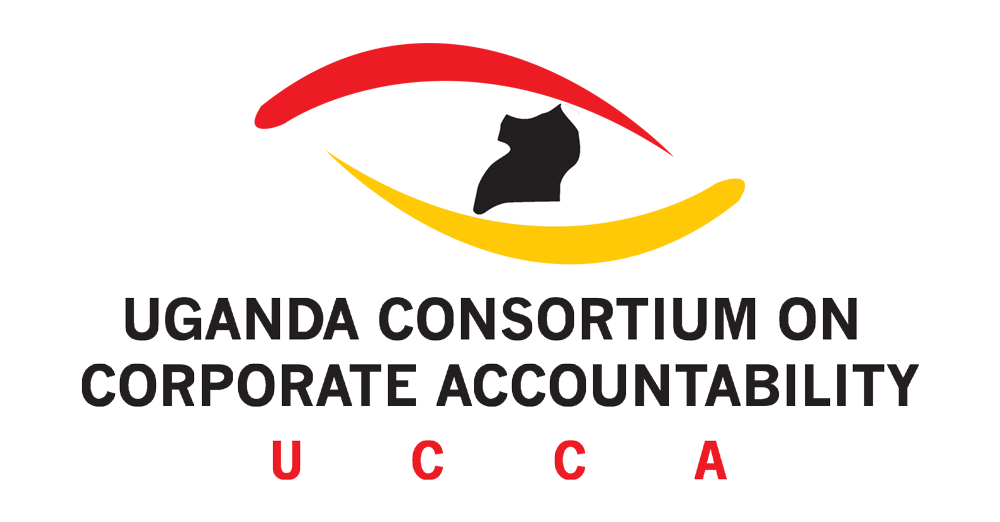Joint Civil Society Statement on the African Business and Human Rights Forum

We, the African CSOs, commend the African Union and partners for successfully convening the Inaugural African Business and Human Rights Forum. We appreciate that the Forum brought together various participants from the continent and beyond, who have an interest in the attainment of human rights in the context of business operations, including governments, international and regional organisations, civil society actors, private sector, academicians and communities affected by business activities among others. The forum was a welcomed space to interrogate emerging business and human rights and corporate accountability issues on the continent, ranging from extractives, mandatory human rights due diligence frameworks, the African Continental Free Trade Agreement, access to effective remedy, responsible business conduct and the role of State and human rights institutions in the business and human rights arena. It was also an opportunity for civil society actors to underscore the gaps and challenges of the UNGPs and the need for a legally binding instrument on business and human rights. Members noted that the continent was still lagging behind other regions in efforts to advance the business and human rights agenda, and as such reiterated the need for moral imperative, commitment and meaningful stakeholder engagement; collaboration, development of National Action Plans (NAPs) and legislation on issues of business and human rights.
The undersigned CSO actors, noted that with the increased foreign direct and local investments in key sectors, including infrastructure development, extractive industries, natural resource exploitation, and, manufacturing and production, there is need to build institutional capacities and strengthen standards and regulatory frameworks promoting and protecting human rights in the context of business activities.
Therefore, the undersigned CSO actors;
- Take cognizance of the decade progress made since the adoption of the 2011 UNGPs, and note that while the UNGPs have triggered and facilitated the critical debate on business and human rights, their voluntary and non-binding nature renders them inadequate and ineffective in addressing increasing corporate abuses and enhancing corporate accountability on the continent.
- Reiterate the importance of African governments’ meaningful participation and support for the ongoing process elaborating a Legally Binding Instrument (LBI) which will without a doubt strengthen liability and access to effective remedies in the corporate accountability landscape—further complementing the implementation of the UNGPs and ongoing development of NAPs on business and human rights.
- Support the continuous engagement with the Africa BHR forum, as an annual platform to bring all affected stakeholders together to work towards the shared goal of achieving sustainable development on the continent, through strengthening, policy and legal frameworks and institutional capacities to ensure respect for economic, social and cultural rights in the context of business activities.
- Reemphasise the importance of a feminist lens and a gender-justice approach in all engagement with business and human rights issues to ensure an inclusive process, protecting most vulnerable and marginalized groups in the continent, including women, children, HRDs, indigenous communities, persons living with disabilities and workers in informal sectors among others..
- Call on the need for strengthened meaningful stakeholder platforms, respecting affected communities and their free prior and informed consent on all projects that affect them and their way of life.
- Reinforce the need to create strong policy and regulatory frameworks on business and human rights, and advance corporate accountability in Africa.
- Reiterate the need for strong access to remedy mechanisms, including access by affected communities to independent accountability mechanisms.
- Underscore the need for a framework that ensures that victims of human rights violations can report injustices without fear of harassment, retaliation or intimidation.
- Call for the shift in the on-dialogue business and human rights from merely discussing barriers to access to remedy, to putting in place implementation procedures for access to remedy.
- Lastly, ensuring that available stakeholder platforms for meaningful engagements are protected from corporate capture but are open to all stakeholders including CSOs and affected communities, in designing the mode, nature and structure of engagements and participation.
Consequently, we recommend that:
- States must meaningfully participate in the ongoing UN process to elaborate a legally binding instrument on business and human rights as a way to address the glaring gaps and challenges in the UNGPs due to its voluntary nature and failure of Pillar 2 on corporate responsibilities and access to remedy. We emphasize that these gaps in the UNGPs can only be addressed through a legally binding instrument on business and human rights at the international level.
- States must act positively to fulfil their duty to protect against all human rights violations including those perpetuated by businesses through developing and accelerating the development and dissemination of National Action Plans (NAPs). We note with concern here, that only two African States namely Kenya and Uganda have adopted National Action Plans. In implementing NAPs, States must consider the peculiarities of our continent and of each individual country.
- States must further develop and ensure enforcement of comprehensive mandatory human rights due diligence laws as part of a ‘smart-mix’ of measures, combining mandatory, voluntary, national, and international measures required to foster corporate respect for human rights.
- States must ensure primacy of human rights over trade and investment agreements and as such, human rights and environmental impact assessments must be included in any trade agreements, noting that African Continental Free Trade Agreement, the second largest continental trade agreement, has no provision on BHR and disregards workers’ rights breaches.
- Businesses must adopt human rights policies and binding legal frameworks embedded with civil and criminal liability provisions and consistent with human rights and environmental due diligence mechanisms in all operations, critically assessing actual and potential risks of their activities.
- Businesses must further address internal knowledge gaps on issues relating to business and human rights and adopt internal grievance mechanisms to treat disputes before they escalate.
The signing organizations are committed to engage and work together to challenge the abuse of human rights by businesses and dismantle corporate capture.
ENDORSED BY
- African Coalition for Corporate Accountability
- African Resources Watch
- Buliisa Initiative for Rural Development Organization
- Centre for Applied Legal Studies
- Centre for Human Rights, University of Pretoria
- Collectif des Organisations de Défense des Droits de L’Homme et de la Démocratie
- Global Rights
- Initiative for Social and Economic Rights
- Jamaa Resource Initiative
- Marange Development Trust
- Natural Resource Women Platform organization
- Sustainable Development Institute, FOE Liberia
- Uganda Consortium on Corporate Accountability
- Women Action Towards Economic Development
- Zambia Alliance for Women
- Zimbabwe Environmental Law Association
This statement originally appeared on the African Coalition for Corporate Accountability website
